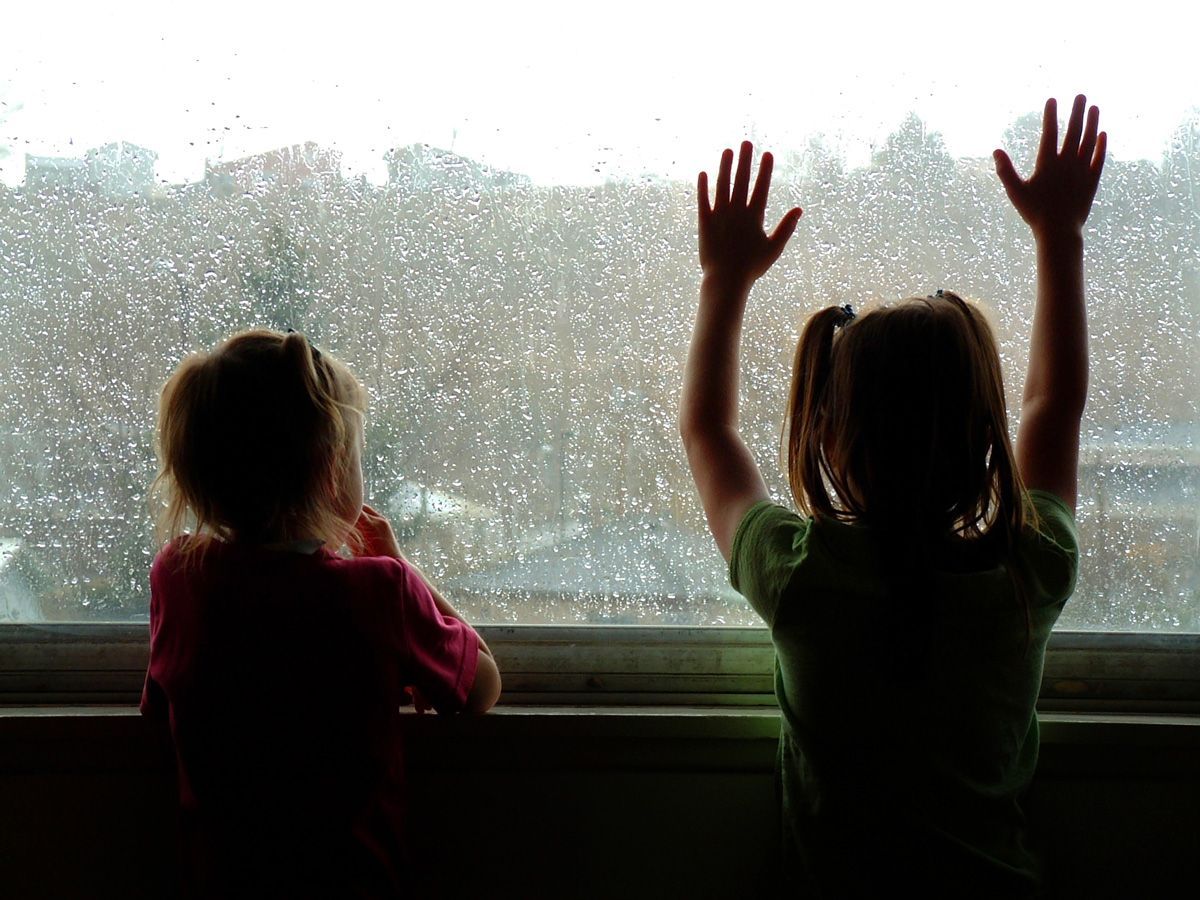Understanding Your Child’s Brain: What Developmental Stages Tell Us
Every parent wonders at some point: Why does my child act this way? Whether it’s the toddler meltdown in the grocery store, the endless “why” questions from a 5-year-old, or the quiet withdrawal of a teenager, these behaviors are not random—they are connected to brain development. Understanding your child’s brain and the stages of growth can give you insight, patience, and tools to better support them.
Infants (0–2 years): Building Connections
In the earliest years, a child’s brain develops at an incredible pace. Neural connections form rapidly as babies learn through touch, sound, and sight. At this stage:
- Trust and attachment are the foundation. A consistent caregiver builds a sense of security.
- Repetition is key. Simple games like peek-a-boo help babies understand cause and effect.
- Emotional regulation is external. Babies rely on caregivers to soothe them when upset.
Toddlers and Preschoolers (2–5 years): Testing Limits
During this stage, children begin to assert independence and explore boundaries. Their brains are learning self-control, but the “thinking brain” (prefrontal cortex) is still immature. That’s why tantrums happen.
- Language explodes. They can express wants but not always manage big feelings.
- Routine provides safety. Predictability helps them regulate emotions.
- Play equals learning. Pretend play builds imagination and problem-solving skills.
Early School Age (6–9 years): Expanding Thinking
As children enter school, their ability to think logically improves. They begin to see the perspectives of others, though emotions still run strong.
- Concrete rules matter. Games with structure (board games, sports) reinforce fairness and boundaries.
- Friendships grow in importance. They start to compare themselves to peers.
- Responsibility develops. Simple chores help build independence and confidence.
Tweens (10–12 years): Striving for Identity
Tweens are in a transition zone—no longer little kids, not quite teenagers. Their brains are preparing for puberty and social shifts.
- Self-esteem is fragile. Encouragement matters as they become more self-conscious.
- Abstract thinking begins. They start to understand bigger concepts like justice or fairness.
- Peer influence grows. Friend groups begin shaping behavior as much as family.
Teenagers (13–18 years): Rewiring for Adulthood
The teenage brain is under construction. The reward system (emotions and impulses) develops faster than the part of the brain responsible for decision-making. This mismatch explains risk-taking.
- Independence is crucial. Teens test limits as they prepare for adulthood.
- Emotional intensity is normal. Their brains are wired for big feelings and reactions.
- Guidance is still needed. Even when they push away, they benefit from boundaries and connection.
Why This Matters for Parents
When you understand what’s happening in your child’s brain, you can respond with empathy instead of frustration. A toddler’s tantrum isn’t manipulation—it’s a brain learning to self-regulate. A teenager’s rebellion isn’t rejection—it’s the brain practicing independence.
By meeting your child where they are developmentally, you provide the support they need for healthy growth, stronger relationships, and greater resilience.
This post was written by Chelle Hendershot, who is a dedicated Mediator, Guardian ad Litem, and Parenting Coordinator at Hope For Our Future, LLC, with a passion for helping individuals and families navigate through life's most challenging moments. This post is not intended to be legal advice and is for marketing purposes only.


